Tag: Emotional Intelligence
Instant Happiness
What is one small thing you could do today that would make you happy?
Wisdom for Teams #42
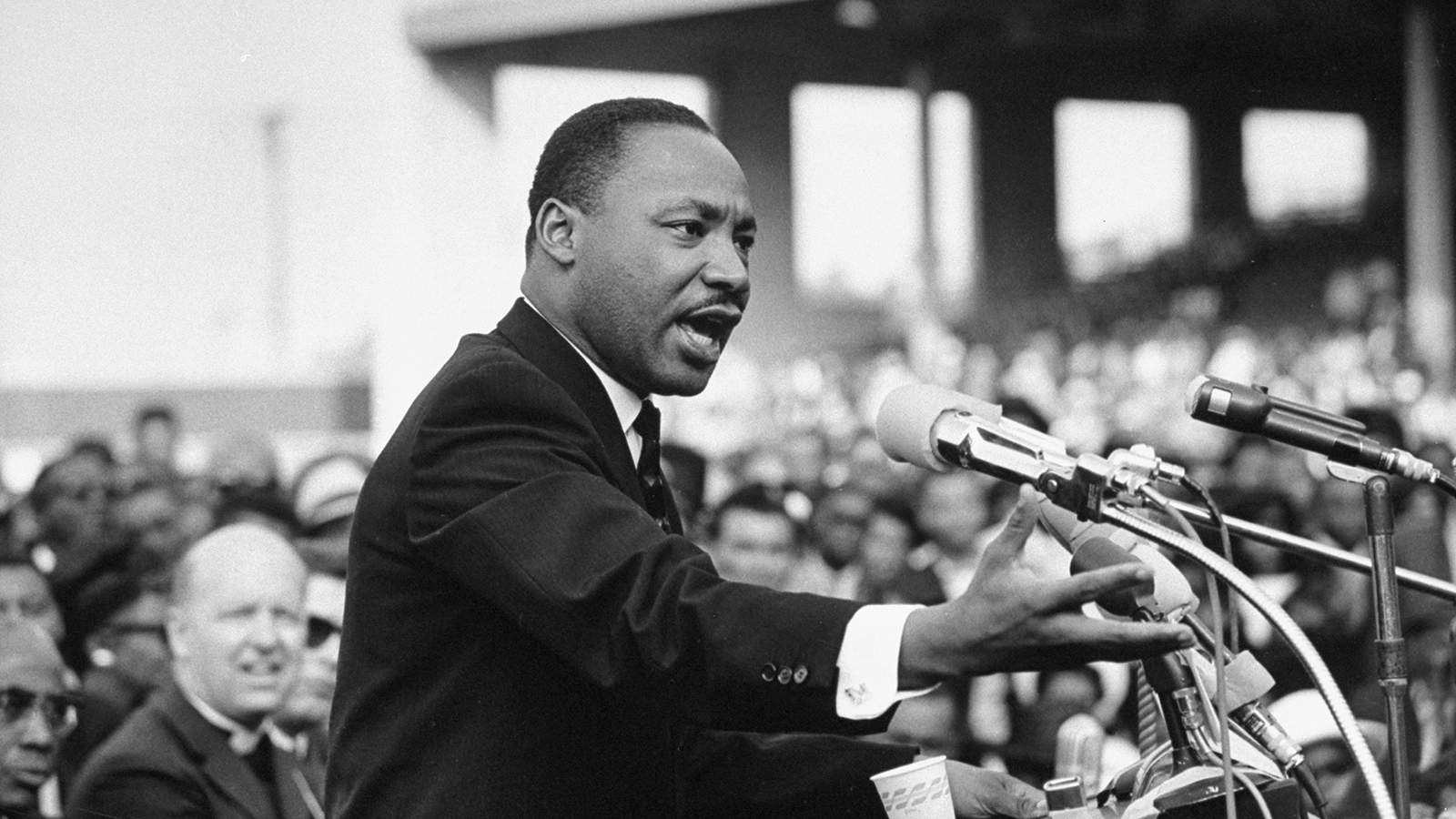
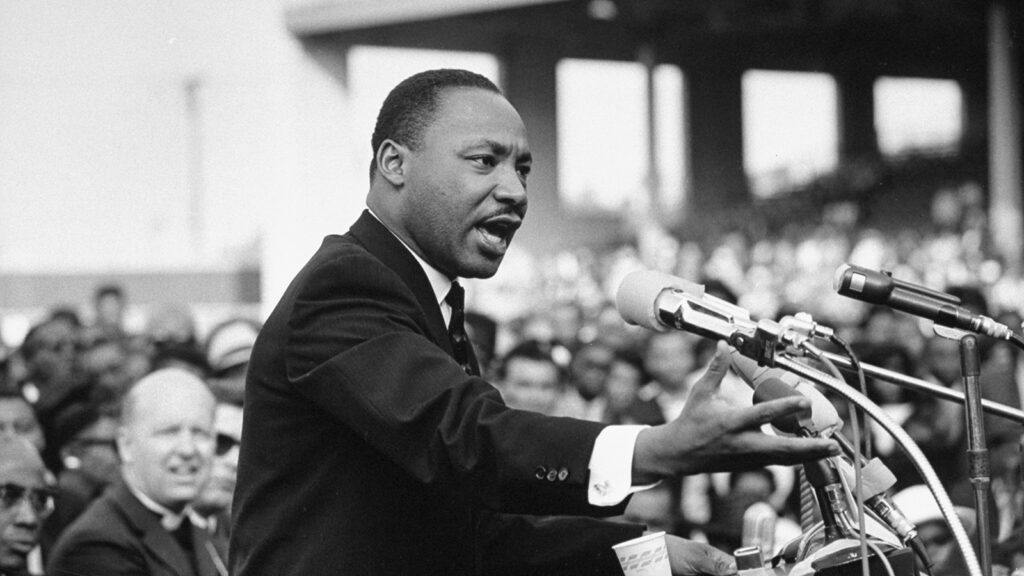
Photo by Julian Wasser//Time Life Pictures/Getty Images
—
Where the battle rages, there the loyalty of the soldier is proved.
—
MARTIN LUTHER KING JR. (1929-1968), American Baptist minister and activist who became the most visible spokesman and leader in the civil rights movement from 1955 until his assassination in 1968.
Wisdom for Teams #40
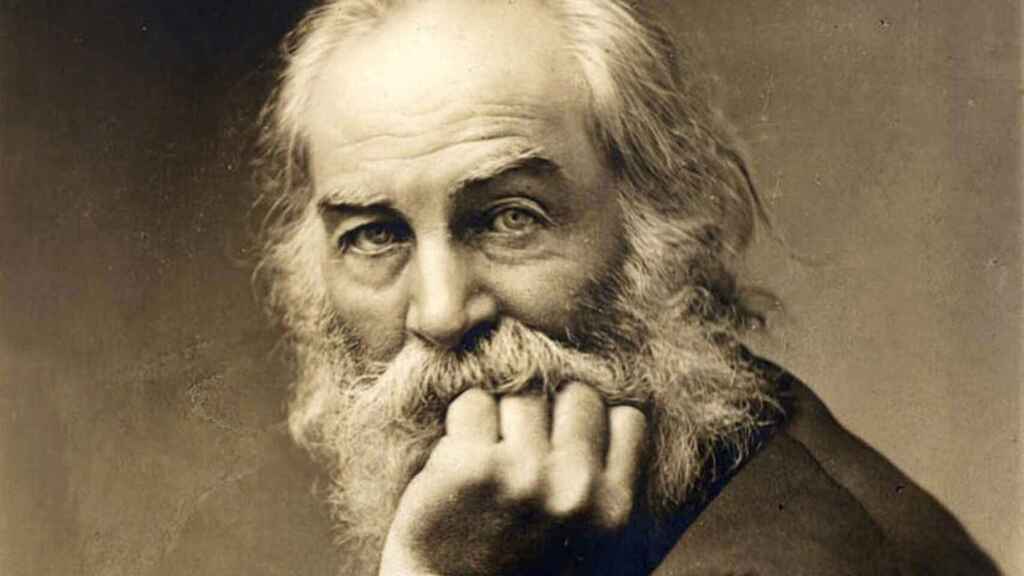

—
I do not ask the wounded person how he feels, I myself become the wounded person.
—
WALTER WHITMAN (1819 – 1892), American poet, essayist and journalist; among the most influential poets in the American canon, and often called the father of free verse.
Wisdom for Teams #39


—
Everything about me is a contradiction, and so is everything about everybody else. We are made out of oppositions; we live between two poles. There’s a philistine and an aesthete in all of us, and a murderer and a saint. You don’t reconcile the poles. You just recognize them.
—
ORSON WELLES (1915 – 1985) director, actor, screenwriter, and producer; remembered for his innovative work in radio, theatre and film, and considered to be among the greatest and most influential filmmakers of all time.
Wisdom for Teams #35

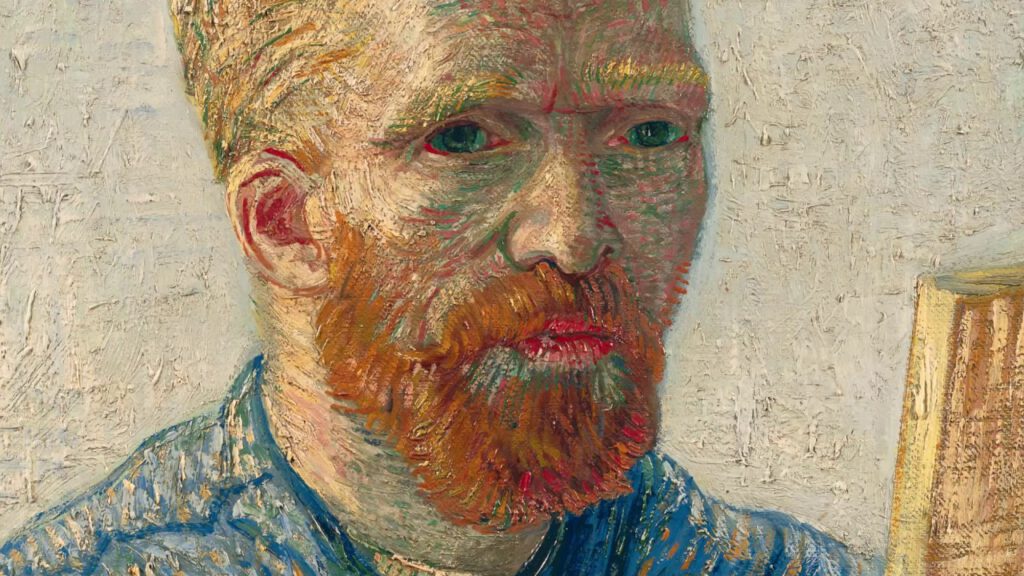
—
There is nothing more truly artistic than to love people.
—
VINCENT WILLEM VAN GOGH (1853 – 1890), Dutch Post-Impressionist painter, one of the most famous and influential figures in Western art history.
What if Hate Was Not an Option?


—
Have you ever found yourself at work or in your personal life stuck with someone you just can’t come around to liking, and whose behavior you find impossible to approve? In these situations, it is not hard to feel some sort of hatred. But what would happen if hate were not an option?
Please set aside your spiritual beliefs for a moment. I’m going to draw an analogy from Christian tradition that might help us deal with these situations. Bear with me. According to tradition, god can only love. Hate is not an option. Now, given all the evil humans are capable of, it must be hard to always love and never hate.
So how does god manage it? Well, the tradition makes a few distinctions. It says that you can disapprove of a situation without hating the person. It says you can be hard on the behavior and soft with the person. It says we can dislike someone and still wish the best for them.
The tradition states that we have a choice. That we can choose to accept that even when we dislike someone, other people do like them. That we can choose to condemn the behavior but not the person. That we can love even when we don’t like.
This may seem a too big of an ask, one that only the gods are capable of. But it is not so. As a priest and throughout the years I’ve seen it happen, even in very extreme situations, situations of betrayal, of sexual abuse, and even of homicide. Perhaps we are not too far from the heavens when we recognize that hate is really not an option.
Why Does Anger Make Us Angry? Is Sam Harris Wrong?


Photo by Uriel Soberanes on Unsplash
When anger gets the best of us, we can easily get angry at ourselves and others. What is happening here? In essence, we’re judging our emotions. We consider some good and some bad; some positive and some negative, some acceptable and some not.
In a decade of training teams in organisations, I’m yet to meet someone who does not consider anger to be negative. Even renowned experts in the field, like philosopher and neuroscientist, Sam Harris, consider anger a negative emotion.
—
We get angry at anger because we think it’s negative. Is it?
—
I’ve been following Sam closely for the past three years through Waking Up and some of his publications. He’s got an amazing mind. I am thankful for his dedication to helping us live better lives. On the issue of anger being a negative emotion, I think there is a distinction to be made.
Some emotions may be unpleasant, but does that make them negative? What would happen if we did not feel disgust at the smell of milk gone bad? What would happened if we did not feel fear when startled by a spider? These emotions, though unpleasant, avoid a great deal of pain and sometimes even death.
—
Not all unpleasant emotions are negative.
—
When emotions have a purpose we are better off labelling them as pleasant or unpleasant rather than positive or negative. Does anger have a purpose? Anger prepares us to fight off threats. It gives us energy and determination to face the threat so as to ensure our wellbeing.
It is true that our brain has not evolved at the speed of our civilisation. This means that we can sometimes feel anger in situations where our life is not being threatened. The question then becomes: How do we deal with anger in order to reach a desirable outcome?
—
What is sometimes negative is the way we deal with anger.
—
When we react to our anger, instead of responding to it, chances are the outcome will be undesirable. Responding means recognising the presence of the emotion, identifying what might be triggering it and addressing the issue so as to reach the most desirable outcome.
Let me be clear: I OFTEN fail to respond in a desirable way. Other times, I do manage anger in the direction of desirable outcomes. Either way, I cannot see how thinking of anger as a negative emotion in-and-of itself will help. On the contrary.
—
Thinking anger is negative is the first step to turning an unpleasant emotion into an undesirable outcome.
—
One the tenets of meditation traditions, from Zen to Stoicism, is equanimity, the ability to keep cool, especially in difficult situations. These traditions suggest we are closer to equanimity when we accept things for what they are without judging them.
When we accept anger for the unpleasant emotion it is and appreciate the important albeit limited role it plays, we might be closer to the desirable outcomes we aspire to.
A Life Lesson From Computers
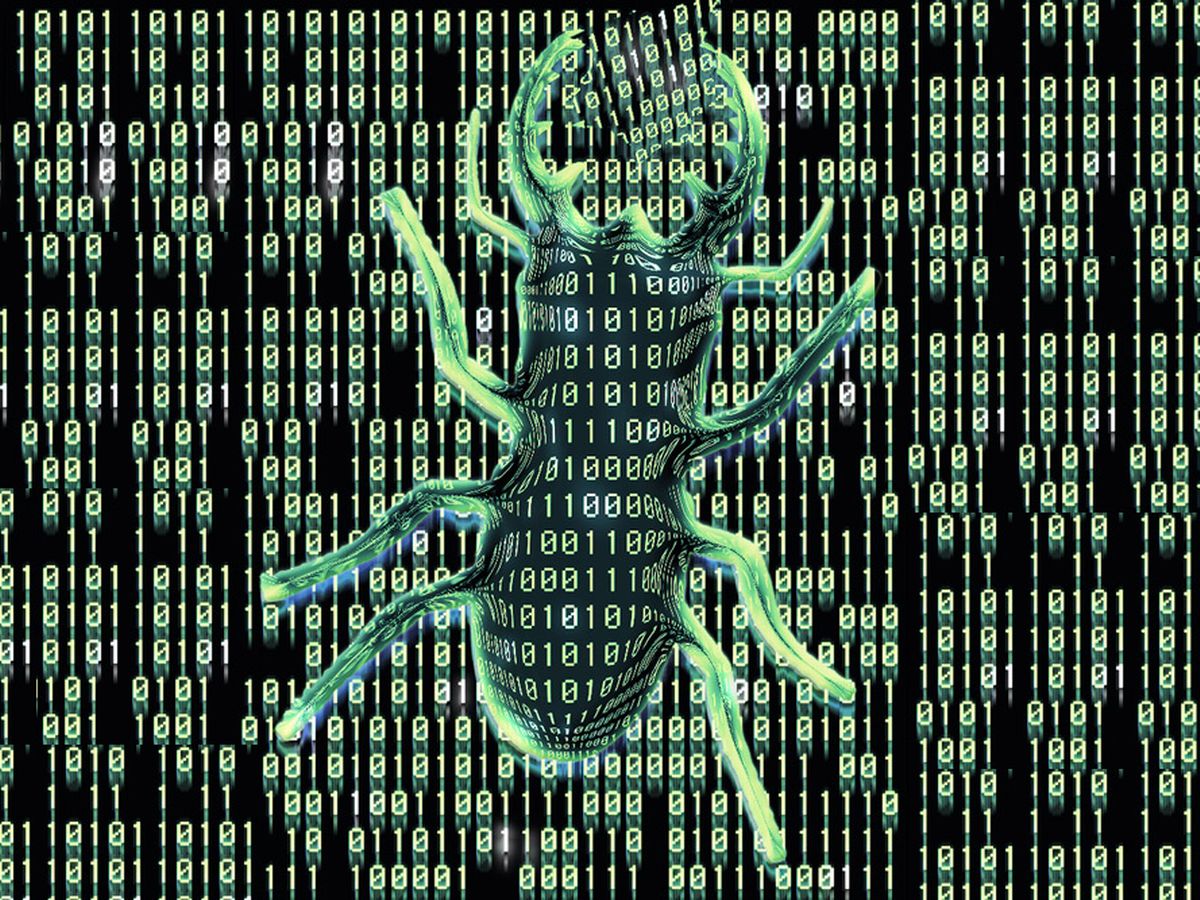
“Don’t put the bags on the bed. They have germs,” she said. The couple had just returned home from the mall. “I don’t get it,” he said, “the dogs spend the day running around in the garden and then they sleep on the bed. But the bags…?!”
—
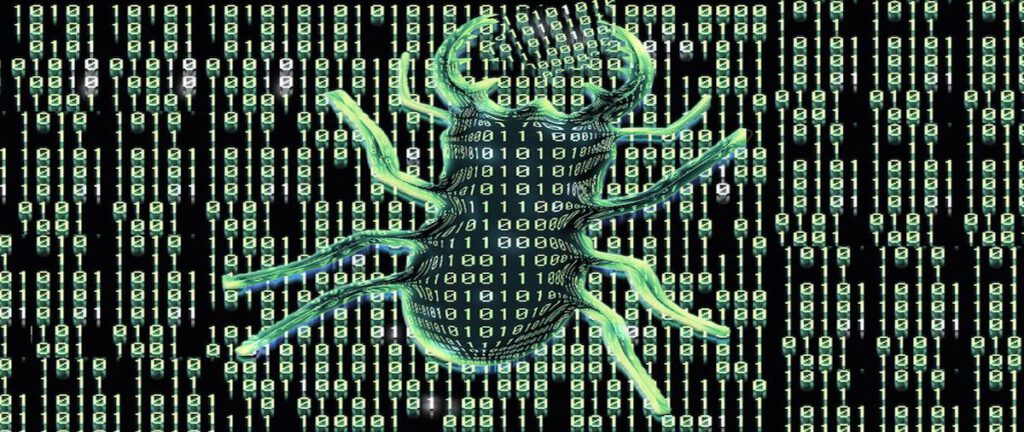
—
Most computers run a single operating system. Most computers have bugs. Human brains run on three operating systems: reason, emotion, and instinct. Is it too big a surprise that we have bugs?
To nurture relationships in all areas of life we will want to embrace the occasional bug in people’s behaviour.
Don’t look for reason in what is emotional.
An Exercise to Assess Your Relationships
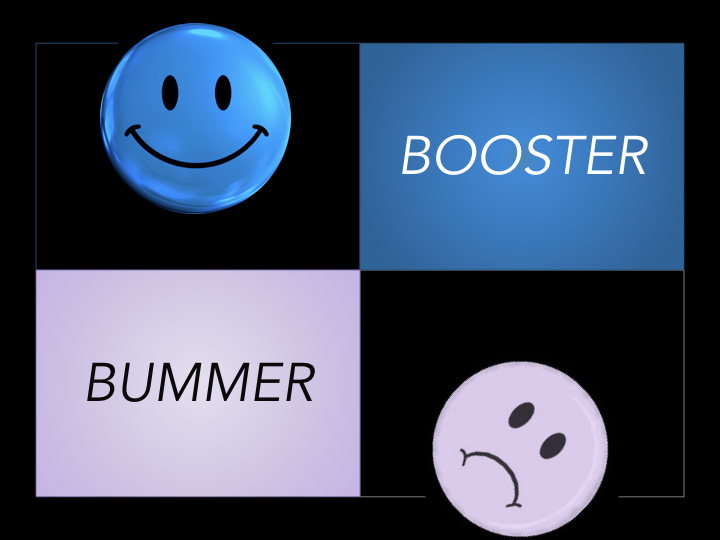

—
This is a 3 min. exercise I’ve been doing in my trainings. I created it because relationships are a great source of energy. Given our limited mobility these days and the constraints of online interaction, who can’t do with a bit more energy? But relationships can also drain our energy. So it’s crucial to know which are and are not energizing us.
Step 1
Make a list of the top 5 to 10 people that you spend more time with, people that occupy your physical and/or psychological time. The nature of the relationship is not relevant here. However people you love but don’t spend too much time with are not for this list.
Step 2
Make two columns. On the left write “Bummer”, on the right write “Booster”. In the “Booster” column put the names above of the relationships that are energizing you. In the “bummer” put the names of relationships that are currently draining you. When in doubt, opt for the bummer side.
Do this honestly. Notice that we’re talking about the state of the relationship and not the person. Relationships have ups and downs. You might have a relationship with someone you love dearly that is currently in a bummer state.
Step 3
For the people in the booster column commit to reinforce your relationship with plenty of positive feedback, compliments and appreciation. This will strengthen the booster loop you have going.
Step 4
For the people in the bummer column, choose one of these three options:
Option 1: End the relationship. If the relationship really doesn’t bring anything significant to your life and you are in a position to end it, end it.
Option 2: Fix the relationship. If the relationship is one you value deeply and want to continue, then it’s time to have one of those talks and let them know you’re being drained. Left as is, this relationship can turn toxic.
Option 3: Insulate (not isolate) yourself from the other person. If you can’t end the relationship, and it just ins’t worth fixing, you want to protect yourself from their draining influence.
This is done with what Andres Martin, founder of the Foundation for Emotional Education of Barcelona, calls an “emotional condom”. A condom allows you to interact without getting infected, in this case, without draining your energy. This is choosing to walk away, inside.
Wisdom for Teams #12
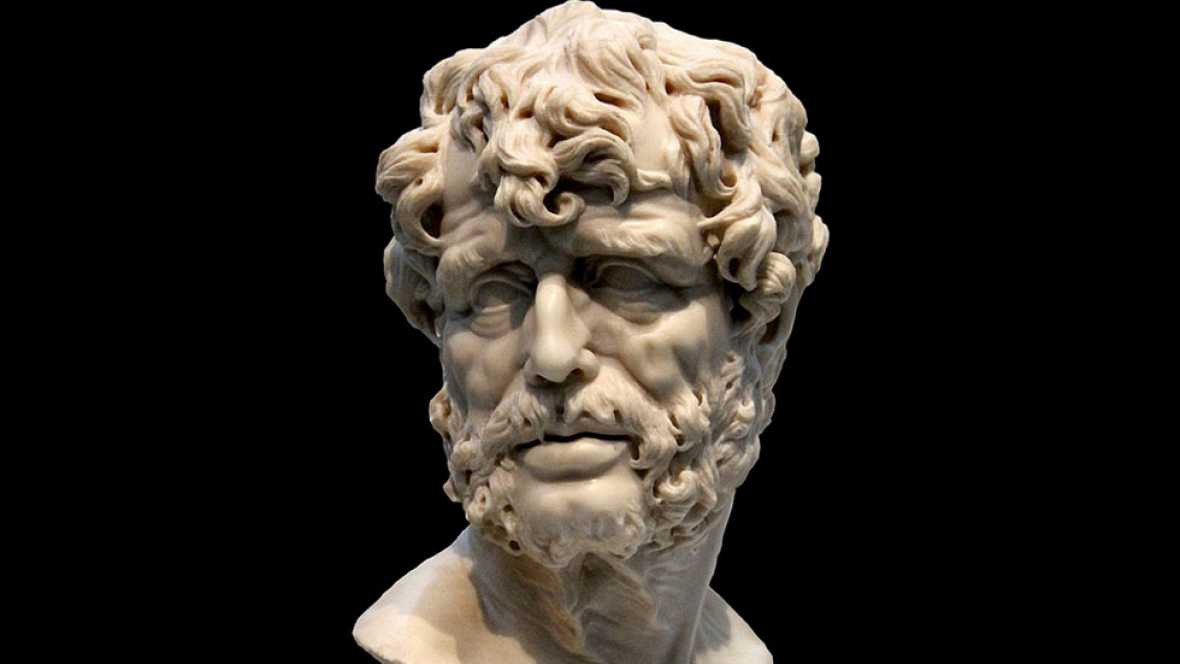

—
“You must lay aside the burdens of the mind; until you do this, no place will satisfy you.”
—
SENECA (c. 4 BC – AD 65), Roman Stoic philosopher, statesman, and dramatist

